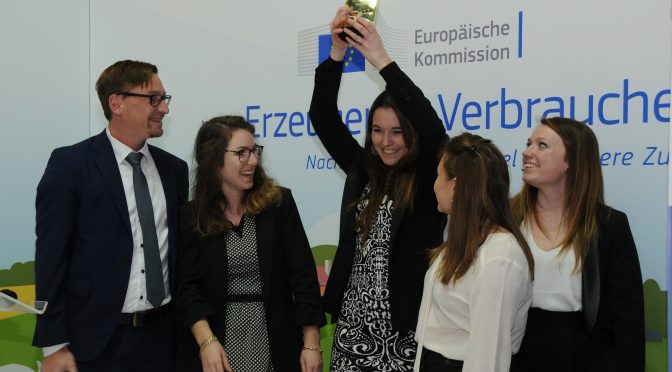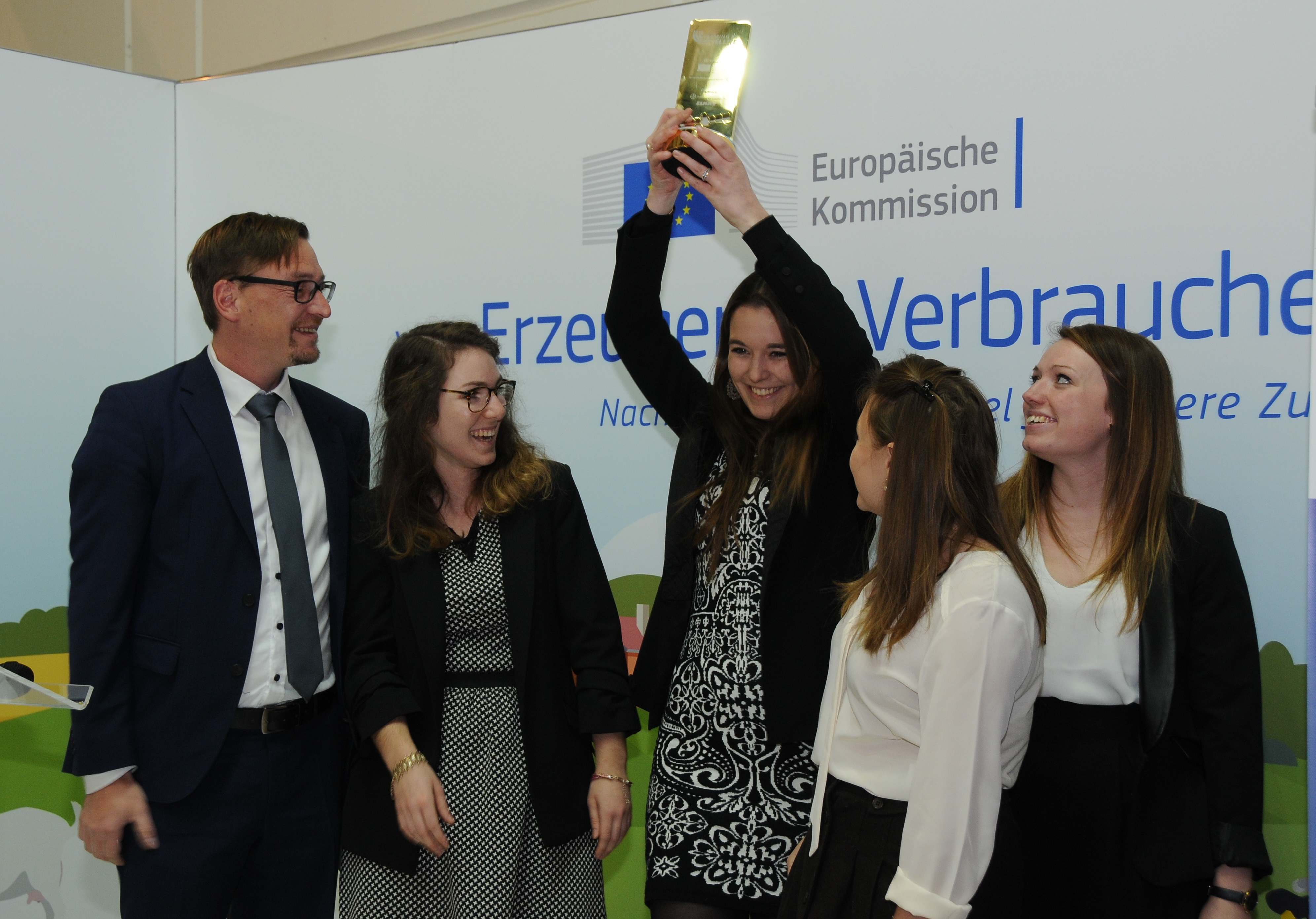
ÐЬЮ-ЙОРК, СШÐ, 21-Nov-2023 — /EPR EDUCATION NEWS/ — Как ÑообщаетÑÑ, предприниматель и филантроп Михаил Пелег недавно приÑоединилÑÑ Ðº делегации мировых бизнеÑ-лидеров на Ñаммите ООРпо ЦелÑм УÑтойчивого Ð Ð°Ð·Ð²Ð¸Ñ‚Ð¸Ñ (ЦУР) 2023 года в Ðью-Йорке. Международное мероприÑтие, которое проходило 18-19 ÑентÑбрÑ, предоÑтавило платформу Ð´Ð»Ñ Ð¾Ð±ÑÑƒÐ¶Ð´ÐµÐ½Ð¸Ñ Ð¿ÐµÑ€Ñпективных дейÑтвий, направленных на уÑкорение Ð´Ð²Ð¸Ð¶ÐµÐ½Ð¸Ñ Ðº ПовеÑтке Ð´Ð½Ñ Ð½Ð° 2030 год и ЦелÑм уÑтойчивого развитиÑ.
Собрание было инициировано Президентом Генеральной ÐÑÑамблеи и отметило половину пути к доÑтижению амбициозной ПовеÑтки Ð´Ð½Ñ Ð½Ð° 2030 год. Саммит Ñтал центральным Ñобытием Ð´Ð»Ñ Ñ€Ñда других значимых мероприÑтий, Ð²ÐºÐ»ÑŽÑ‡Ð°Ñ Ð¡Ð°Ð¼Ð¼Ð¸Ñ‚ по климату, диалоги выÑокого ÑƒÑ€Ð¾Ð²Ð½Ñ Ð¿Ð¾ финанÑированию развитиÑ, вÑтречи по вопроÑам Ð·Ð´Ñ€Ð°Ð²Ð¾Ð¾Ñ…Ñ€Ð°Ð½ÐµÐ½Ð¸Ñ Ð¸ миниÑтерÑкую вÑтречу в подготовке к Саммиту Будущего 2024 года.
Ð’ ходе Ñаммита Михаил Пелег подчеркнул важноÑÑ‚ÑŒ генерации идей и инициатив, которые помогут преодолеть препÑÑ‚ÑÑ‚Ð²Ð¸Ñ Ð½Ð° пути к доÑтижению ЦУР. Он выразил признательноÑÑ‚ÑŒ роли Ñаммита в развитии глобального диалога и уÑтановлении ÑвÑзей между коммерцией, образованием и уÑтойчивым развитием. ÐŸÐ¾Ð¼Ð¾Ð³Ð°Ñ Ñ€Ð°Ð·Ð²Ð¸Ð²Ð°Ñ‚ÑŒ ключевые инициативы, Ñаммит имеет потенциал положительно влиÑÑ‚ÑŒ на жизни миллионов людей по вÑему миру.
Ðкцент Михаила Пелега на образование как ключевой компонент в доÑтижении Целей уÑтойчивого Ñ€Ð°Ð·Ð²Ð¸Ñ‚Ð¸Ñ Ð±Ñ‹Ð» повторно подчеркнут на недавнем мероприÑтии Международного Ð´Ð½Ñ Ð³Ñ€Ð°Ð¼Ð¾Ñ‚Ð½Ð¾Ñти в штаб-квартире ЮÐЕСКО в Париже 8 ÑентÑÐ±Ñ€Ñ 2023 года.
Ð’Ñ‹Ñоко Ð¾Ñ†ÐµÐ½Ð¸Ð²Ð°Ñ Ð²Ð°Ð¶Ð½Ð¾ÑÑ‚ÑŒ образованиÑ, Михаил Пелег активно ищет партнерÑтва Ñ Ð½ÐµÐºÐ¾Ð¼Ð¼ÐµÑ€Ñ‡ÐµÑкими организациÑми, ÑтремÑщимиÑÑ Ð¿Ñ€ÐµÐ´Ð¾Ñтавить доÑтуп к образованию и боротьÑÑ Ñ Ð½ÐµÐ³Ñ€Ð°Ð¼Ð¾Ñ‚Ð½Ð¾Ñтью в развивающихÑÑ Ñтранах Ðфрики и Юго-ВоÑточной Ðзии. По мнению Пелега, решение глобальных образовательных диÑпаритетов имеет ключевое значение Ð´Ð»Ñ ÑƒÑÑ‚Ð°Ð½Ð¾Ð²Ð»ÐµÐ½Ð¸Ñ Ð¼Ð¸Ñ€Ð°, иÑÐºÐ¾Ñ€ÐµÐ½ÐµÐ½Ð¸Ñ Ð±ÐµÐ´Ð½Ð¾Ñти и Ð¿Ñ€Ð¾Ð´Ð²Ð¸Ð¶ÐµÐ½Ð¸Ñ ÑƒÑтойчивого развитиÑ.
По мнению Михаила Пелега, Ñаммит ЦУРÑвлÑетÑÑ Ð²Ð°Ð¶Ð½Ð¾Ð¹ платформой, объединÑющей людей в качеÑтве глобального ÑообщеÑтва Ð´Ð»Ñ Ñ€ÐµÑˆÐµÐ½Ð¸Ñ ÐºÐ»ÑŽÑ‡ÐµÐ²Ñ‹Ñ… вопроÑов и инвеÑÑ‚Ð¸Ñ€Ð¾Ð²Ð°Ð½Ð¸Ñ Ð² будущее нашей планеты. Только в результате ÑовмеÑтного ÑотрудничеÑтва, мы можем доÑтичь Целей уÑтойчивого Ñ€Ð°Ð·Ð²Ð¸Ñ‚Ð¸Ñ Ð¸ Ñоздать более Ñправедливое и Ñтабильное будущее Ð´Ð»Ñ Ð²Ñех.
SOURCE: EuropaWire



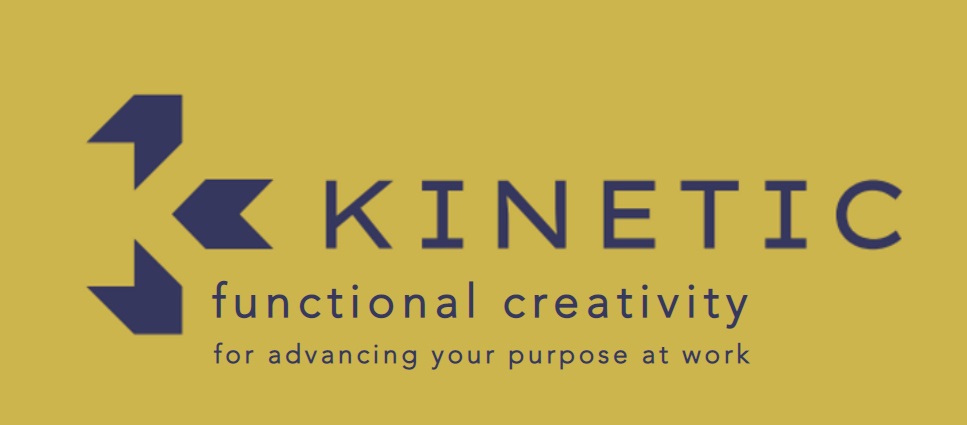
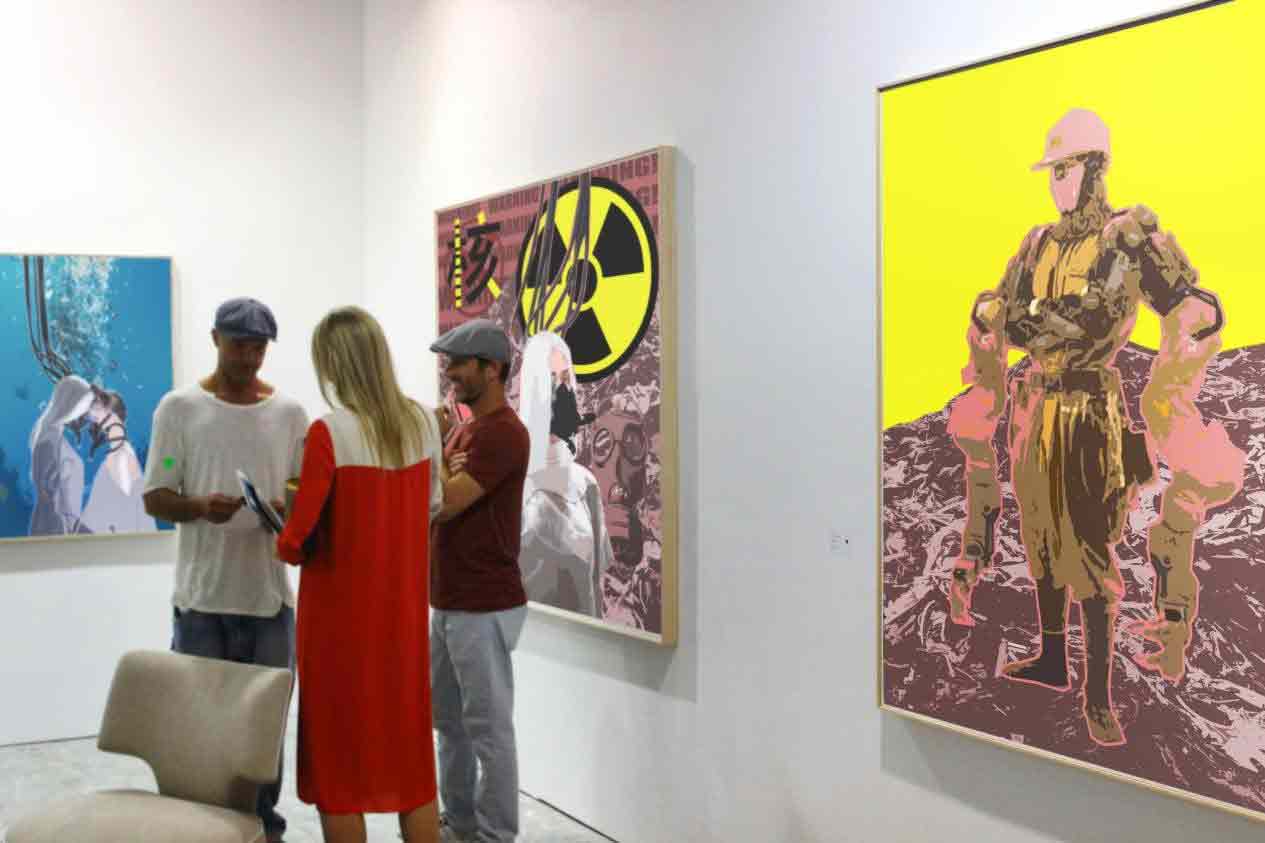
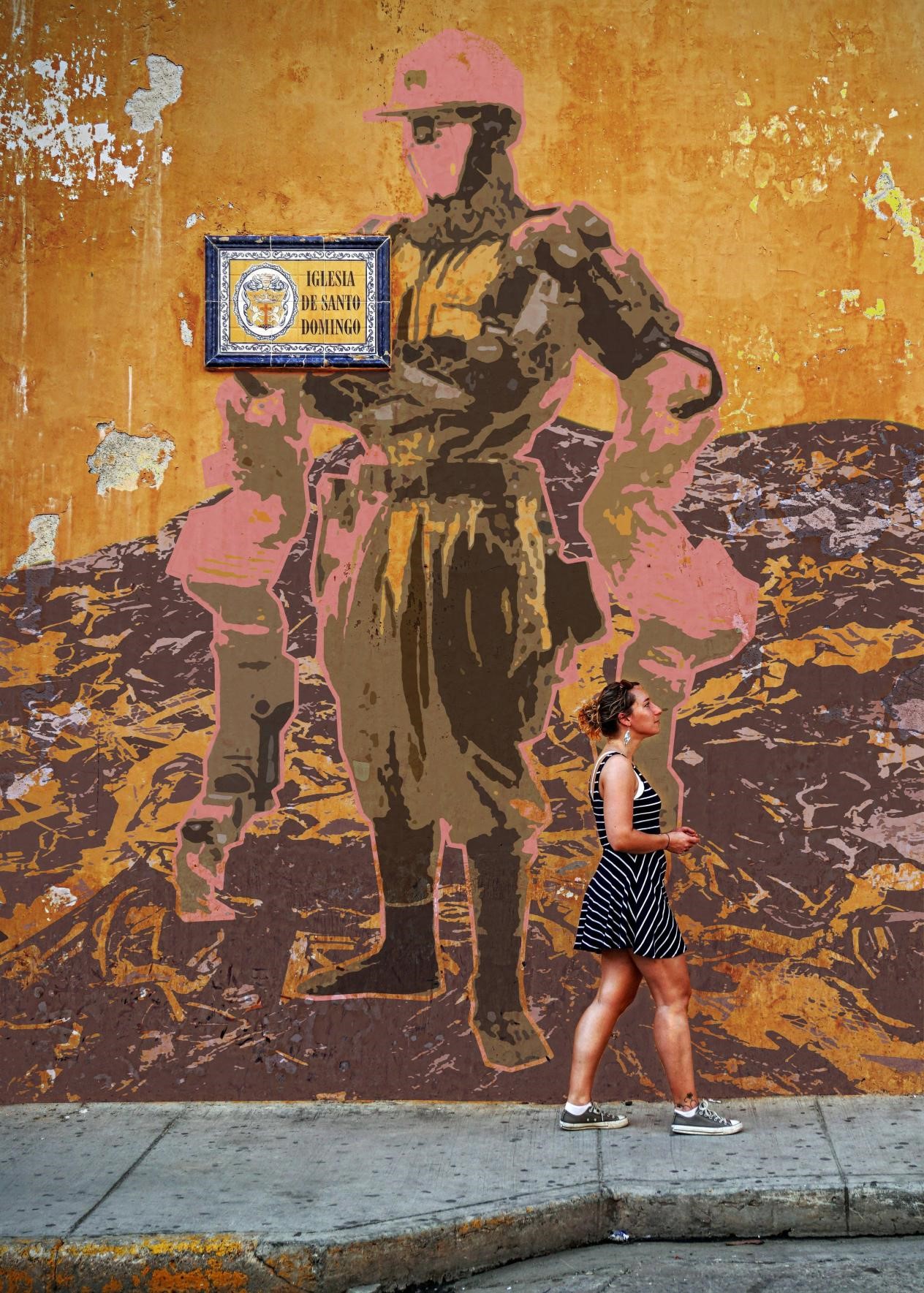

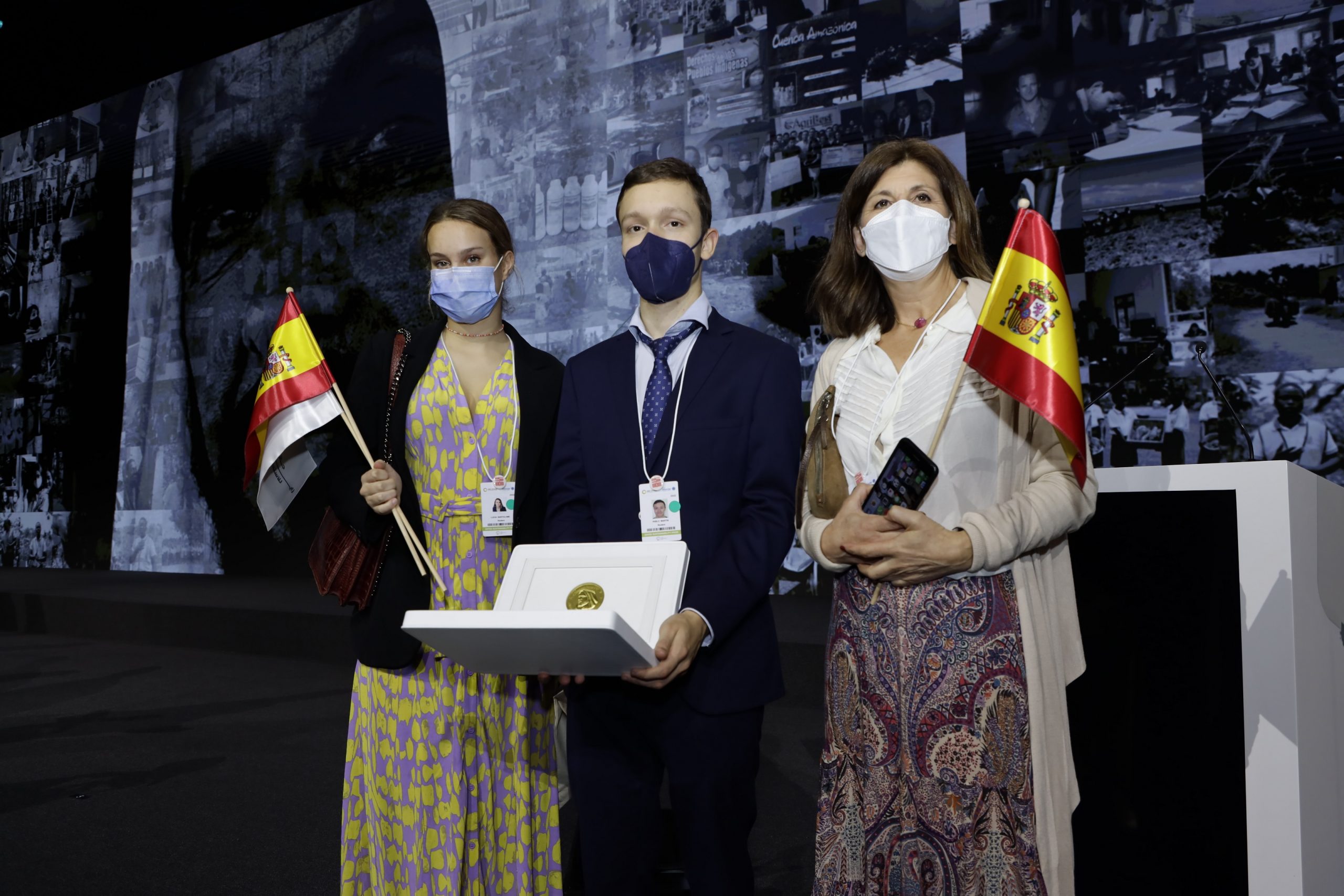
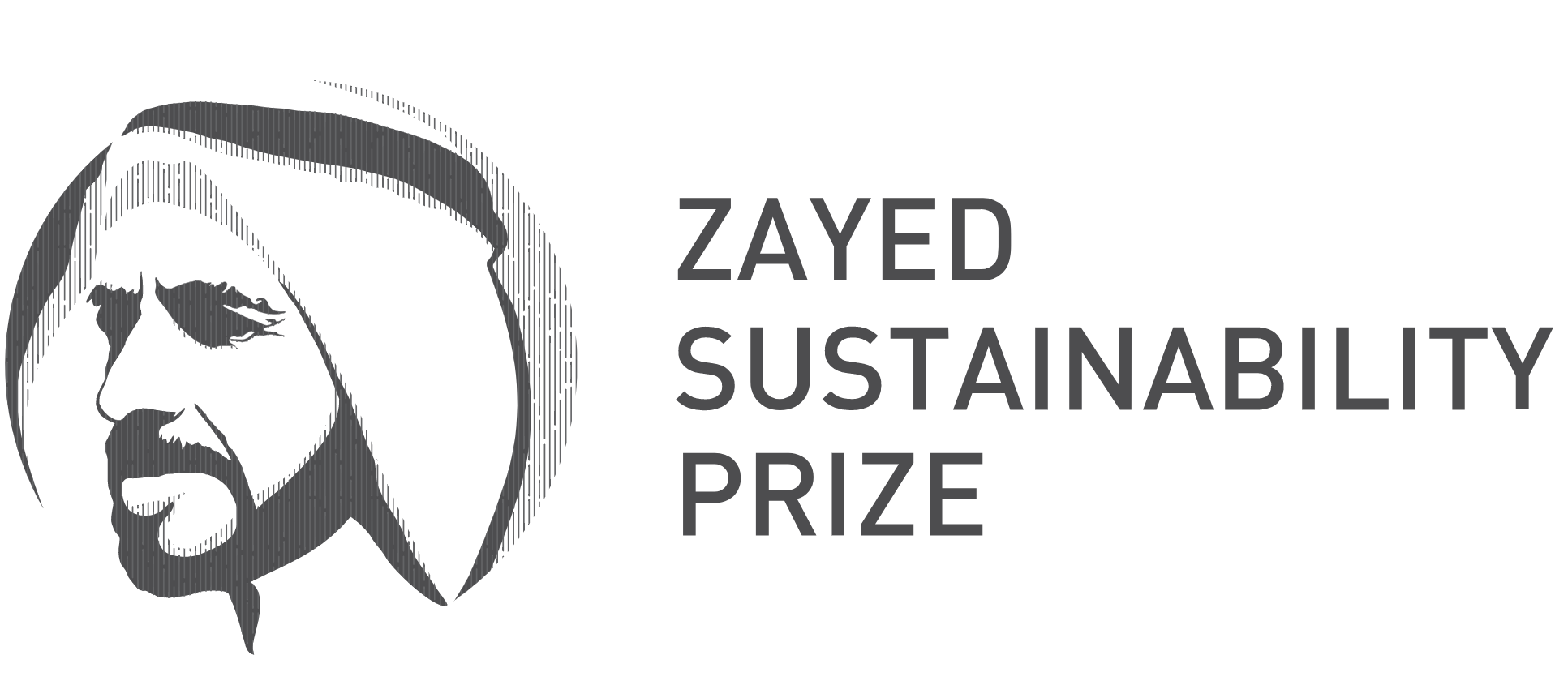
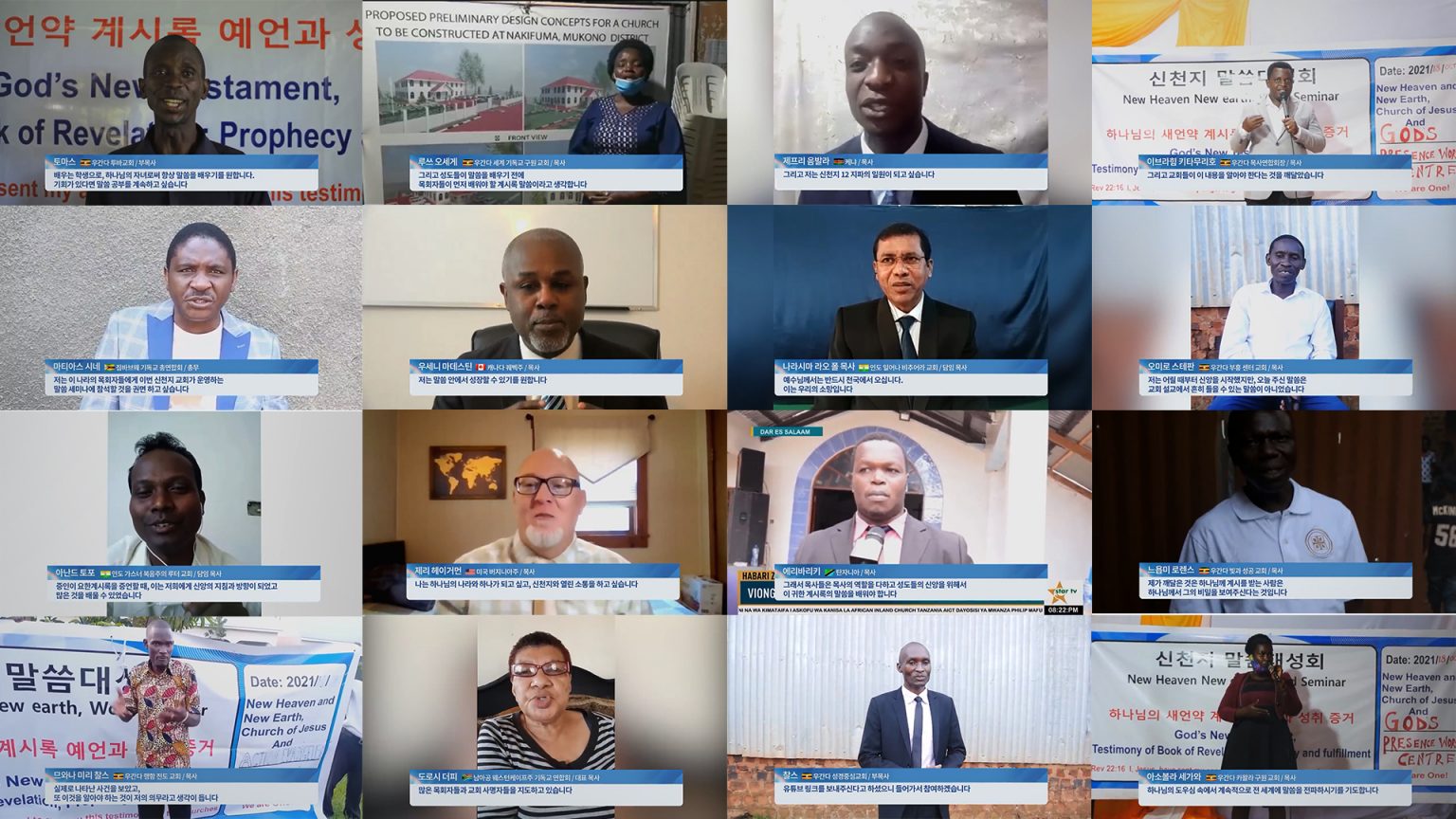
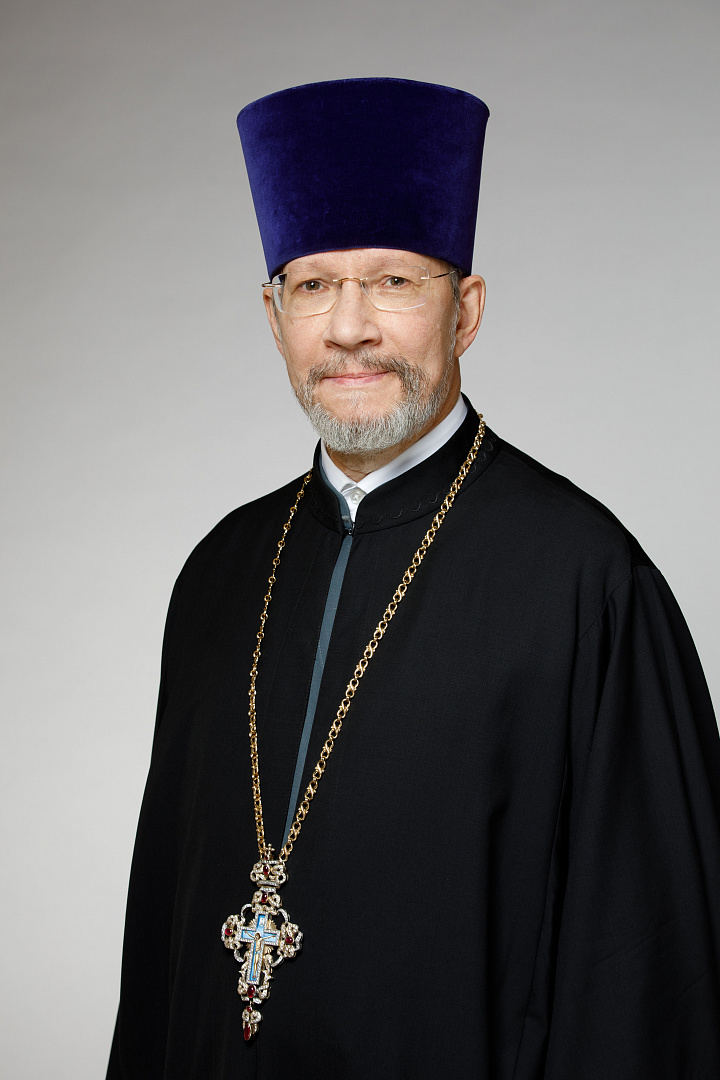
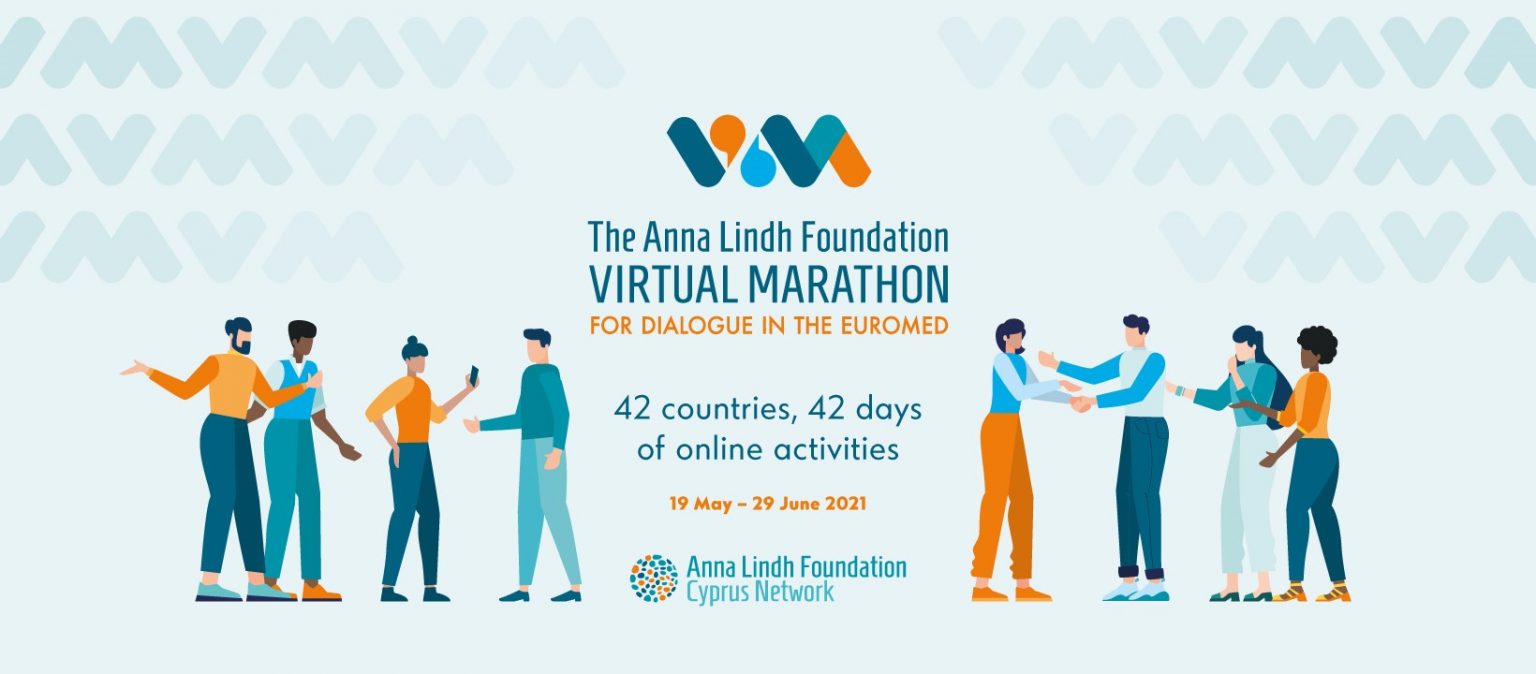
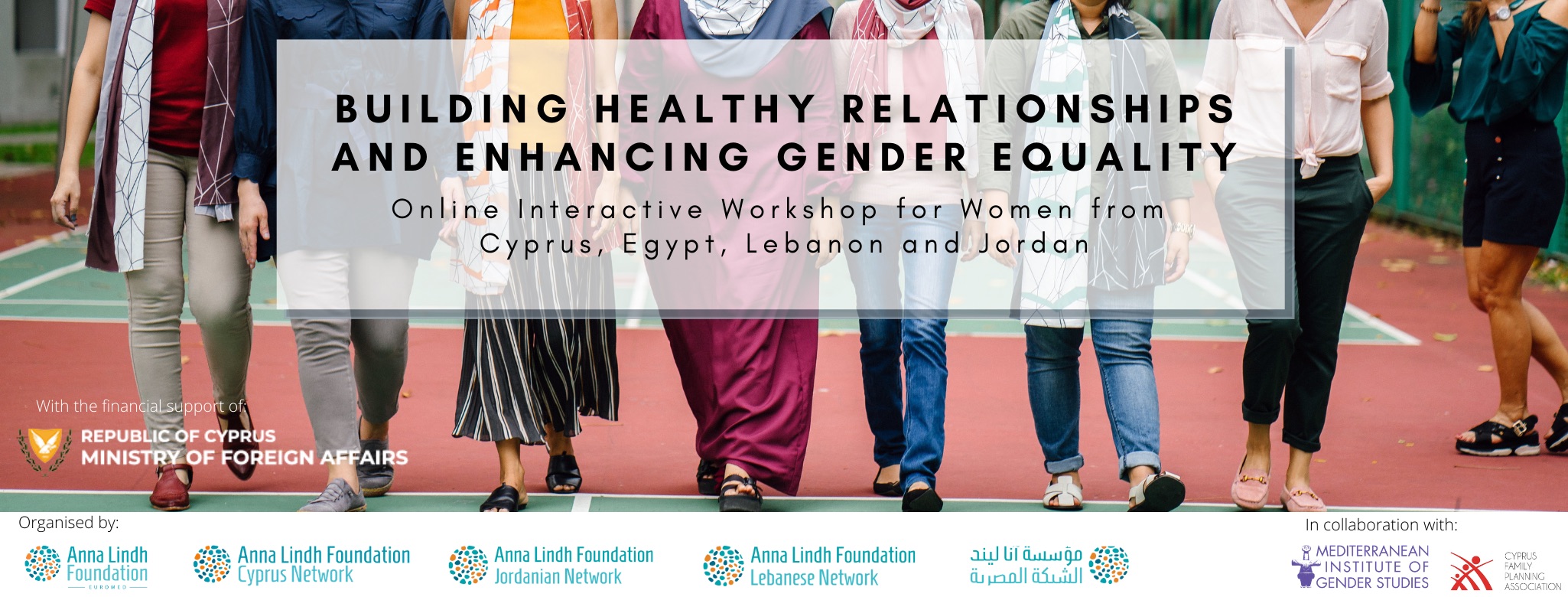
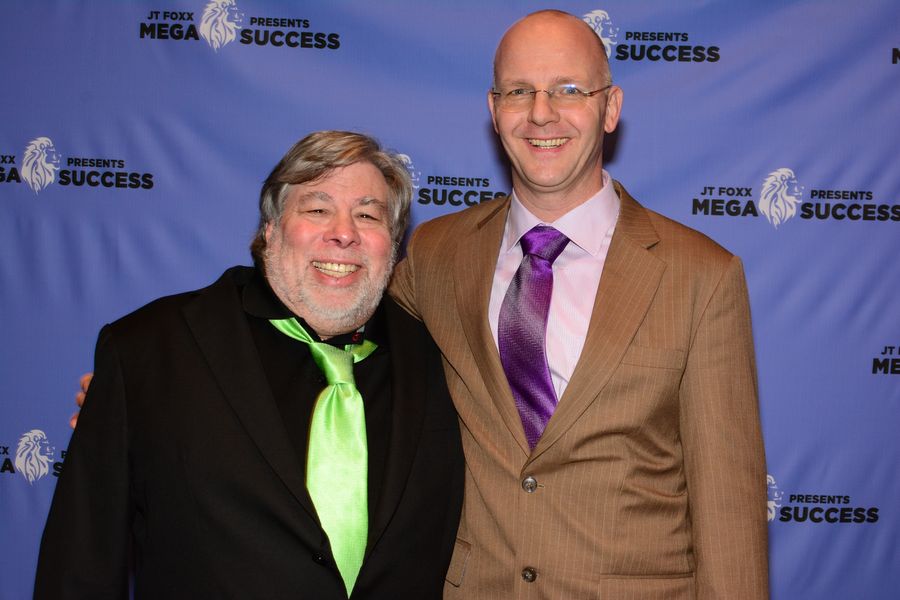
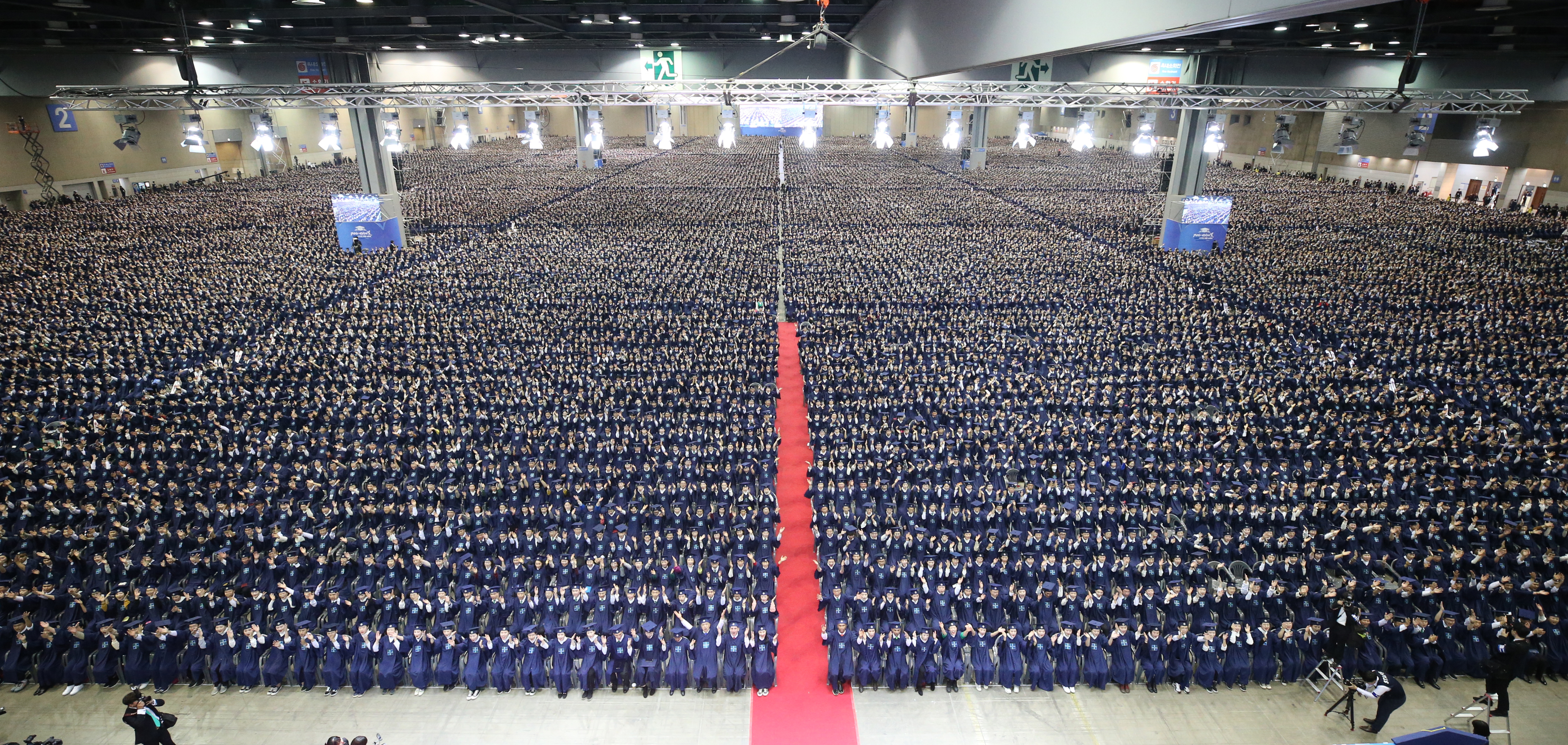


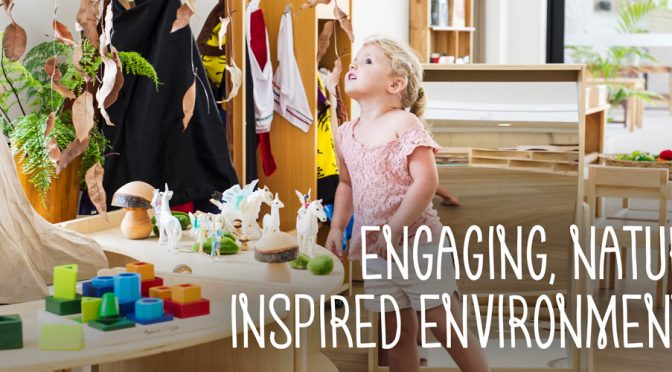
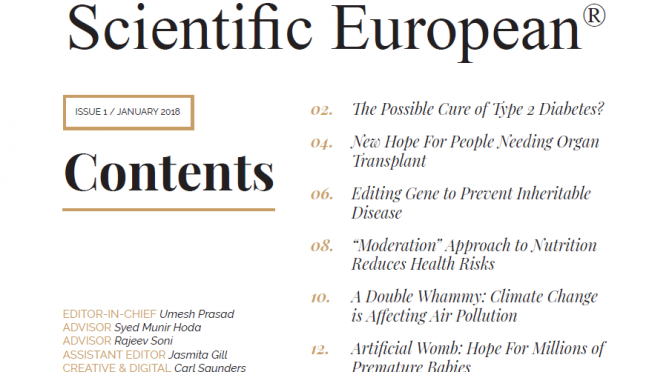
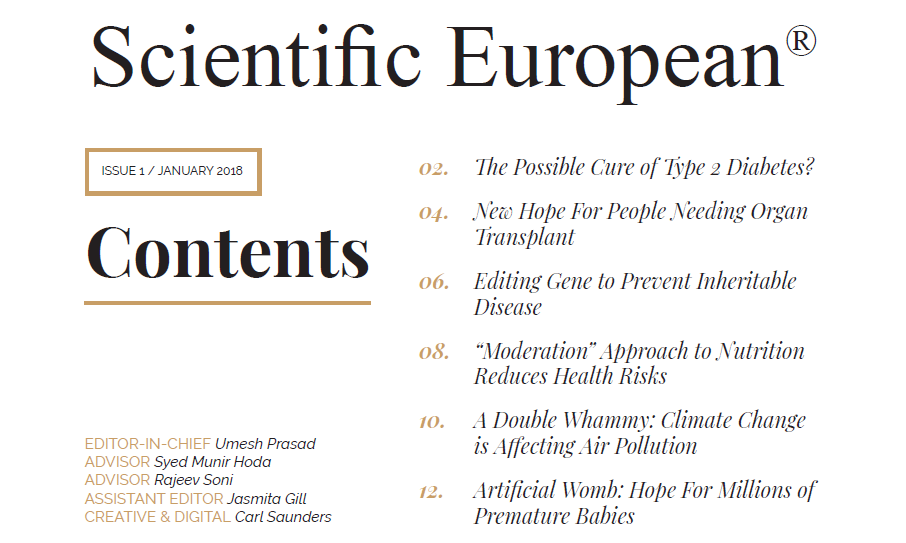
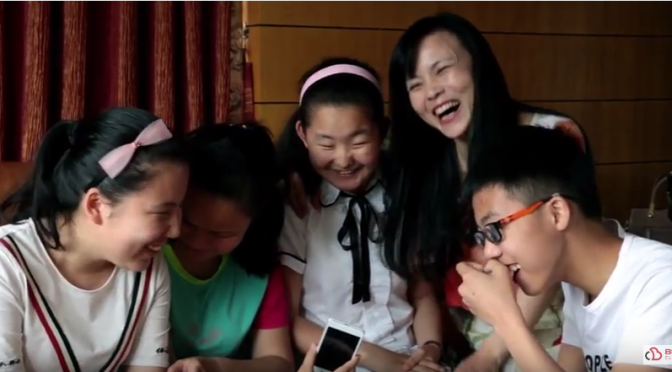
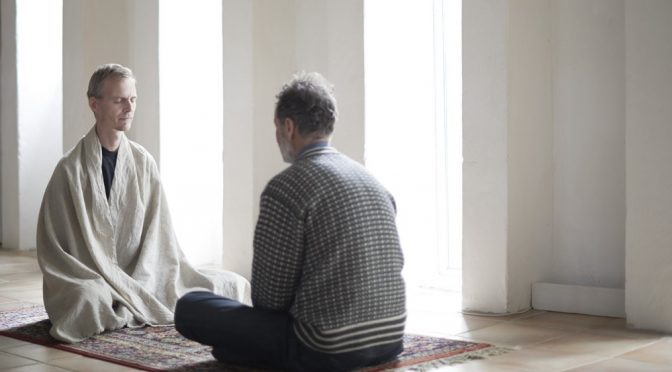
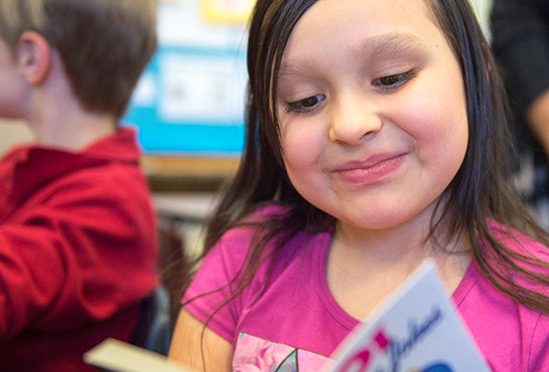
 Denver, CO, Mar-21-2017 — /
Denver, CO, Mar-21-2017 — /